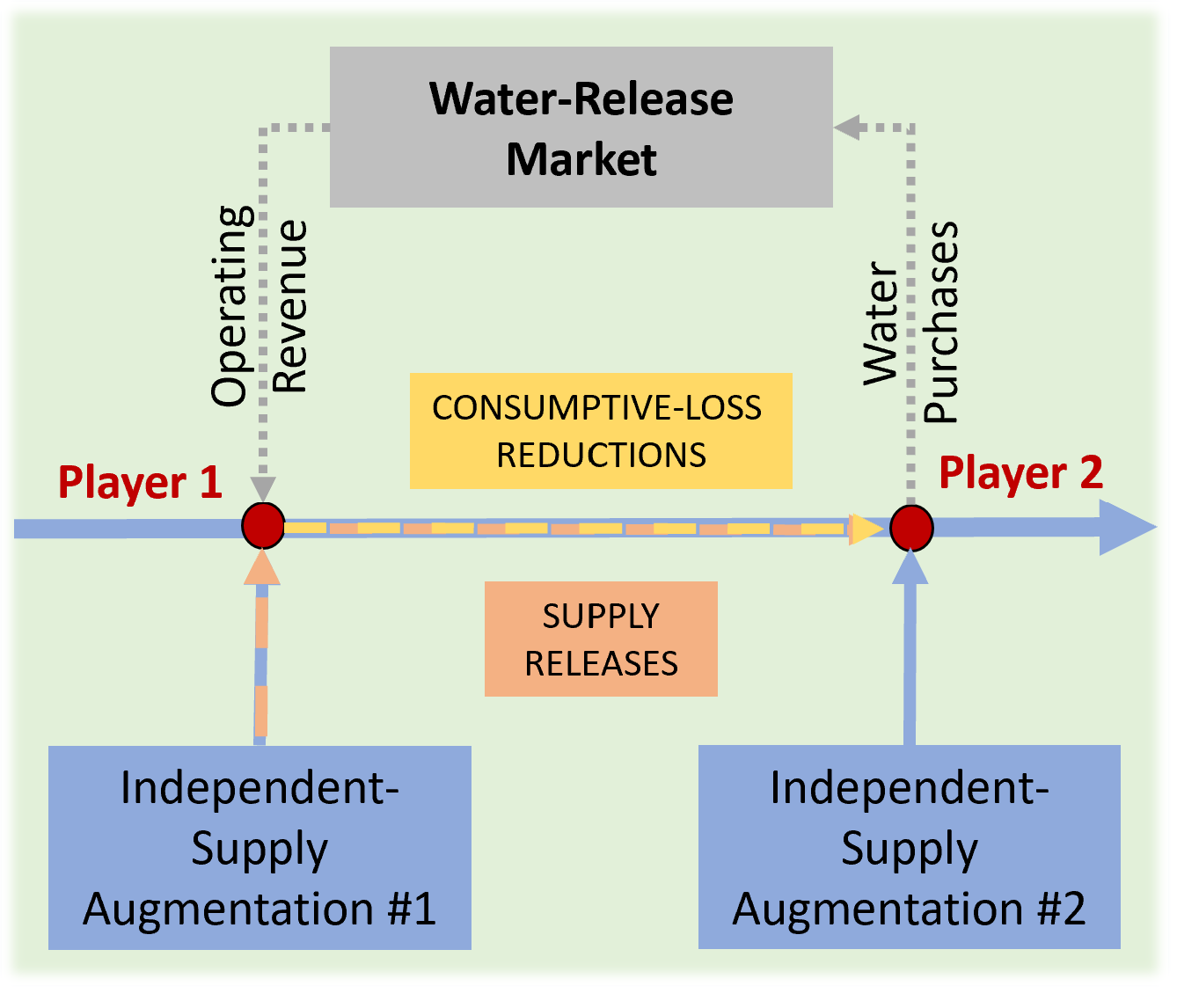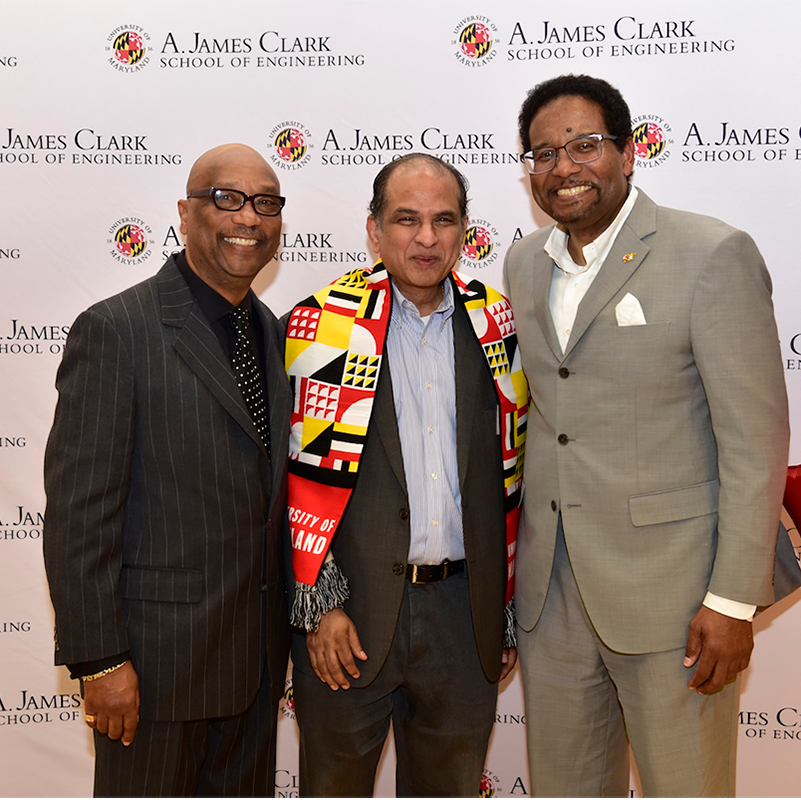News Story
Incentivizing Sustainable Behavior in River Systems

Mutual gain can help drive sustainable use of shared resources, including rivers and estuaries. But how can stakeholders be incentivized to behave in ways that benefit multiple users. rather than some at the expense of others? With support from a three-year National Science Foundation grant ((NSF Award # 2113891)), UMD mechanical engineering professor Steven Gabriel is exploring novel ways to answer this question.
“In the case of a river, you might have communities located upstream that are conducting economic activities that impact the communities downstream–for example, increasing the amount of sediment (water quality) or decreasing the quantity of water, ” Gabriel said. “The downstream communities don’t want the sediment or other pollutants or may want a larger quantity of water. The upstream communities can potentially benefit economically from a coordinated set of water-management decisions with their downstream neighbors. "For example, what if the downstream communities pay for the upstream ones to make infrastructure improvements that mitigate the problem (water quality or water quantity)?
 “We’ve been running models that calculate whether communities stand to benefit as a result, and the models suggest that the answer is yes,” said Gabriel. He and his doctoral student, Nathan Boyd, have run the numbers in test cases that include Tennessee’s Duck River. Gabriel, Boyd, and Civil and Environmental Engineering Co-PI Kaye Brubaker will also build models to analyze water quality issues for the Anacostia river in the Washington, D.C. area.
“We’ve been running models that calculate whether communities stand to benefit as a result, and the models suggest that the answer is yes,” said Gabriel. He and his doctoral student, Nathan Boyd, have run the numbers in test cases that include Tennessee’s Duck River. Gabriel, Boyd, and Civil and Environmental Engineering Co-PI Kaye Brubaker will also build models to analyze water quality issues for the Anacostia river in the Washington, D.C. area.
By paying for the improvements, the downstream communities get a cleaner river or one with more water to them–which can potentially bring them economic benefits. And the upstream communities get to continue what they are doing and receive an economic benefit as well,” Gabriel said.
His work in this area takes its inspiration from mathematician John Nash and his concept of “non-cooperative games,” in which all players act to maximize their own individual benefit assuming that others are doing the same. Such Nashian, non-cooperative games differ from the actions of a trade league or cartel, whose members agree to advance the good of the group even if it means sacrificing individual priorities.
“The reality is that people only cooperate under certain conditions, and we also can’t always assume a situation where a government entity tries to anticipate and regulate everyone’s behavior,” Gabriel said. “That’s why we’re seeing such an interest in the use of incentives, with carbon credits being a well-known example in power markets. If you use too much carbon (beyond your allowance), you pay; you use less than allowed, you get a credit. My work is somewhat related to this notion.”
“In a scenario where everyone’s inclination is to act in their own economic self-interest, can we use market mechanisms to induce beneficial actions? That’s the fundamental question we’re attempting to answer,” he said.
Published October 6, 2022









